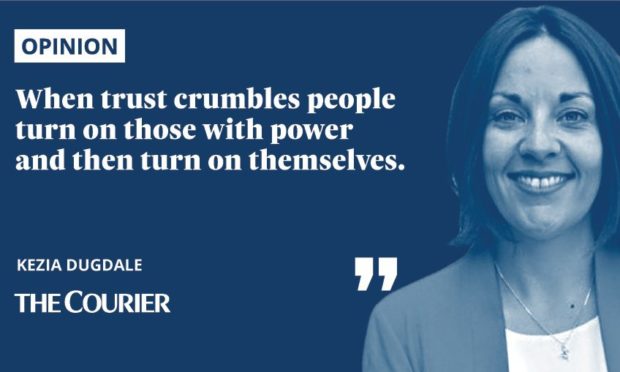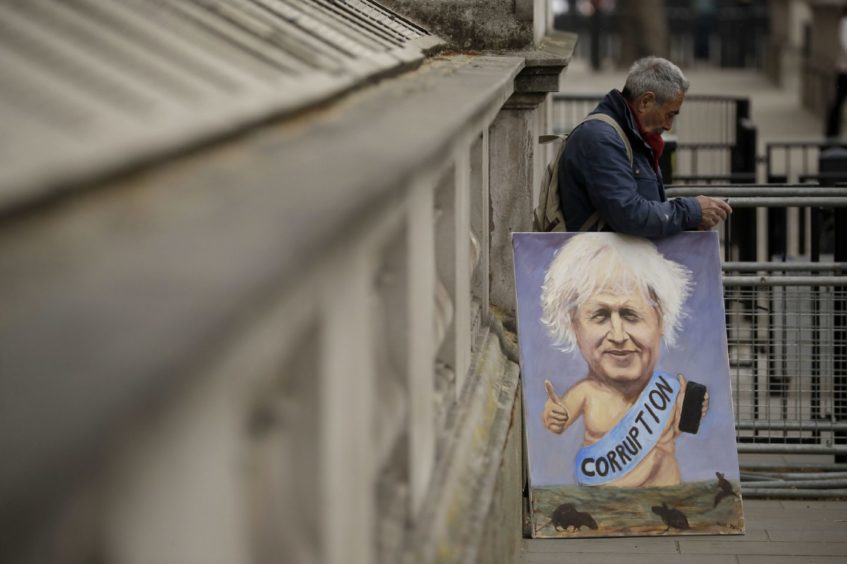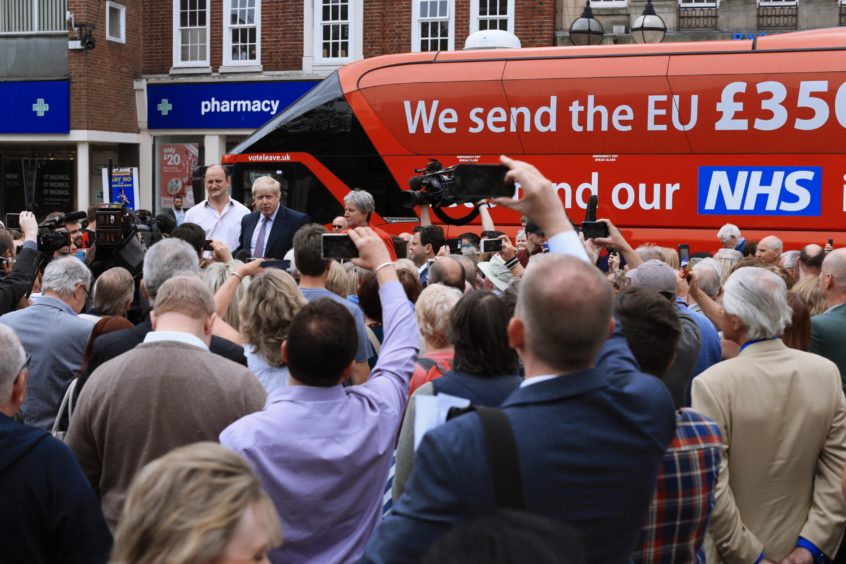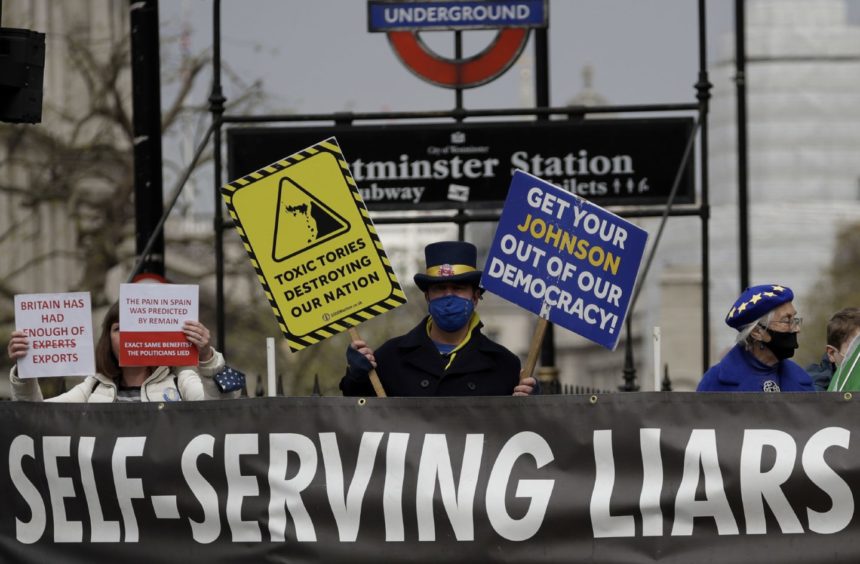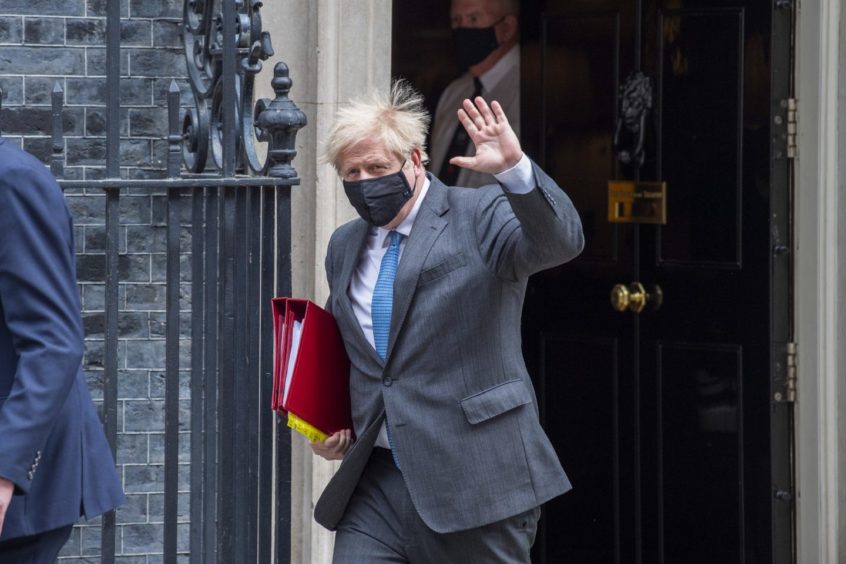Does it matter who paid for Boris Johnson’s curtains when more than a quarter of a million people are contracting Covid-19 in India every day?
Well of course it does and any attempt to use the suffering of people here or abroad to sweep away serious and legitimate questions about who funds the powerful is risible.
It matters because it’s about money. Who is spending it, who is donating it and with what motive.
Political parties rely on donations to function in the United Kingdom. Yet the picture our minds create of a party donor is more likely to be a man in black tie with a glass of champagne than a working mum paying up her monthly subs by Direct Debit.
As a consequence we assume that donations are transactions, with a give and take. The donor must be getting something in return.
That’s why we have clear rules around transparency and reporting. We should be able to follow the money and see what it’s buying.
Almost every political party has had its scandals over donations and declarations, but we’re predisposed to thinking the worst
If we can’t get to the truth we assume the worst and not just of that one person but the whole political system. A plague on all their houses.
That’s in part down to the fact that almost every political party has had its scandals over donations and declarations, but it’s also because we’re predisposed to thinking the worst of our politicians.
Trust in politicians and the political system has been low since records began back in the 1930s.
Downward turn
In truth, there’s something comforting about a healthy scepticism of power. Not least when you consider the alternative, authoritarian regimes where the public dare not utter a word of criticism of their countries leadership for fear of the consequences.
Yet there’s a difference between healthy scepticism and downright distrust.
Trust may have been consistently low for decades but it took a deep downwards turn around 2008 during the last economic crash and the last MPs expenses scandal.
It slipped a little further again after Brexit. Can it afford to slide again?
You might accuse me of being a bit precious, worrying only about the standing of politicians because I used to be one. “Life goes on regardless of who is in power”, “they’re all the same anyway” or so the tropes go.
It does matter who has power and no, they’re really not all the same, but even if they were, the degree to which we trust our leaders can be a fundamental issue of life and death.
During the pandemic both here and around the world, we’ve witnessed why trust matters. When Boris Johnson and Nicola Sturgeon told us to stay at home, we did.
When India’s Prime Minister Narendra Modi told his people it was safe to worship in large crowds again, they did.
And when trust crumbles, the evidence tells us people are far less likely to obey the laws or rules that emanate from people with power.
They are also less likely to believe that other people will follow the rules.
People turn on those with power and then turn on themselves. A complete collapse in trust leads to war and civil unrest.
Now I’m not suggesting that a scandal over who paid for a new chintz couch will lead to riots in the streets, but I am saying that constant slow drips of distrust drain our democracy of its vitality.
It leads people away from the ballot box. Lower turnout generally, but disproportionately lower among groups of people who arguably need the government the most. Not least the young and those on low incomes who are so exposed to the economic consequences of the pandemic.
When they stop voting, it concentrates power in the hands of those who do, who then in turn create a self-perpetuating cycle of serving their own interests.
John Smith Centre research shows that a middle-aged man earning over £60k a year is three times more likely to trust the government than someone working a minimum wage job in their twenties. Perhaps because they can see themselves reflected in the powerful and that young person cannot?
We must break down this monopoly of concentrated power and diversify the types of people who go into public life
So what can we do about it? How does it get better?
Well it starts with clear, transparent rules which are easily understood and readily followed.
This applies to small donations to political parties as much as it does the relationships between business and government over multi million pound contracts for goods and services.
We need independent arbiters of the rules and heavy penalties for breaking them. Equally though, we must break down this monopoly of concentrated power and diversify the types of people who go into public life. Who see politics as something for everyone, not just the privileged elite.
We have to turn people towards the ballot box, present them with meaningful choices and renew the belief that they have power and agency if only they chose to use it.
In the 2014 referendum, nearly 85% of Scots voted yet just 55% of people voted in the last Scottish Parliament election.
Next Thursday, we’ll know just how many Scots turned out and therefore just how much more work there is to do to rebuild our trust in our political system.
